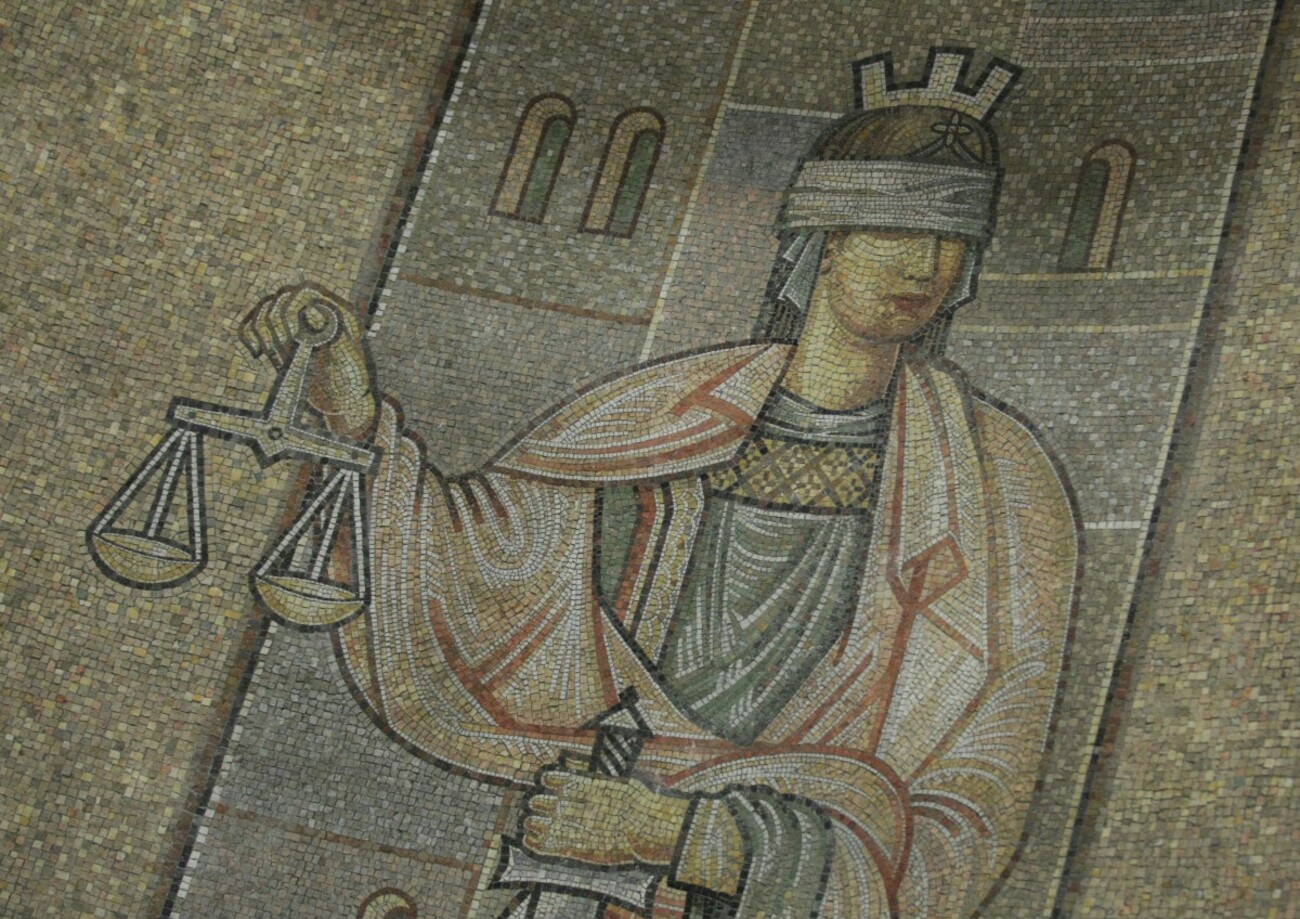
Acting Prosecutor General Borislav Sarafov submitted to the Constitutional Court an opinion on behalf of the Prosecutor's Office of the Republic of Bulgaria on Constitutional Case No. 1 of 2024 and the joined Constitutional Case No. 2 of 2024, initiated by two requests - of the President and of a group of MPs, to establish the unconstitutionality of a number of provisions of the Law on Amendments and Additions to the Constitution, adopted at the end of 2023 by the 49th National Assembly.
The opinion concerns amendments and additions to the Basic Law regarding the structure and powers of the Prosecutor's Office, the functions and mandate of the Prosecutor General, the abolition of a constitutionally established body of the judiciary such as the Supreme Judicial Council and the creation of a Supreme Judicial Council for judges only and a Supreme Prosecutorial Council for prosecutors and investigators.
The Law on Amendments and Additions to the Constitution limits the powers of the Prosecutor's Office to take actions to cancel unlawful acts or actions in the interest of persons in need of special protection, Borislav Sarafov points out.
A number of the changes made are within the exclusive competence of only the Grand National Assembly (explicitly outlined by the Constitution), as they affect the fundamental principles on which the state is built, the state structure and governance, the system of higher state institutions.
"The limits of the framework set by the Constitution have been exceeded. The Supreme Prosecutorial Council will be dominated by members elected by Parliament. In practice, this will lead to a situation in which decisions related to the appointment, appraisal and career development of prosecutors and investigators will be made by a body composed of persons largely external to the judiciary," the Prosecutor's Office said in its opinion to the Constitutional Court.
Attention is drawn to the fact that prosecutors and investigators cannot be elected to the two councils from the parliamentary quota, which unduly restricts magistrates. The members of the Supreme Prosecutorial Council from the professional quota will be twice as few as those elected by the highest political and legislative body of the country, and this not only violates the balance of powers, but also undermines the independence of the prosecution and investigation.
"There is a real risk that instead of achieving greater accountability of the Prosecutor's Office, the corrective in the face of the non-judicial quota in the Supreme Prosecutorial Council will become an instrument for political influence in the judiciary", the opinion of the Prosecutor’s Office of the Republic of Bulgaria states. It points out that some of the provisions in the Law on Amendments and Additions to the Constitution are in contradiction with the established case law of the Constitutional Court (with its specific decisions).
The opinion outlines the possible consequences of the restructuring of the Prosecutor's Office and the withdrawal of the constitutional powers of the Prosecutor General, including to supervise the legality and methodical guidance of the activities of all prosecutors and to appeal to the Constitutional Court with requests for binding interpretations of the Constitution in order to protect the rights and legitimate interests of citizens.
The amendments to the Constitution not only affect fundamental legal principles, but also legal certainty and stability, the Prosecutor's Office stressed in its opinion to the Constitutional Court.